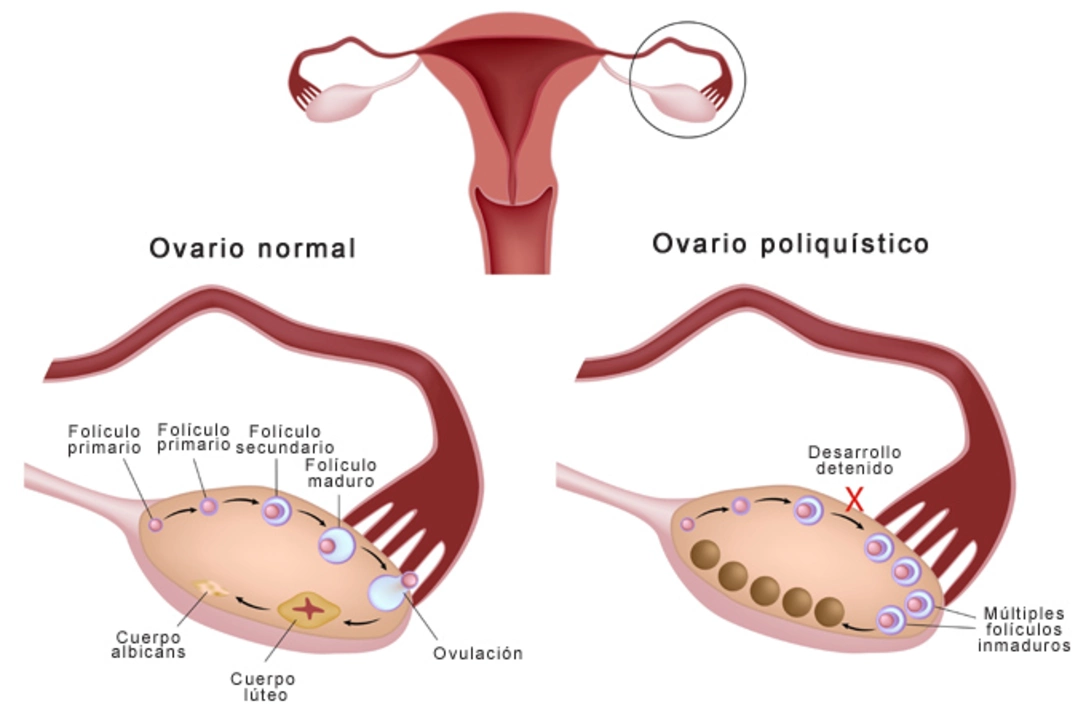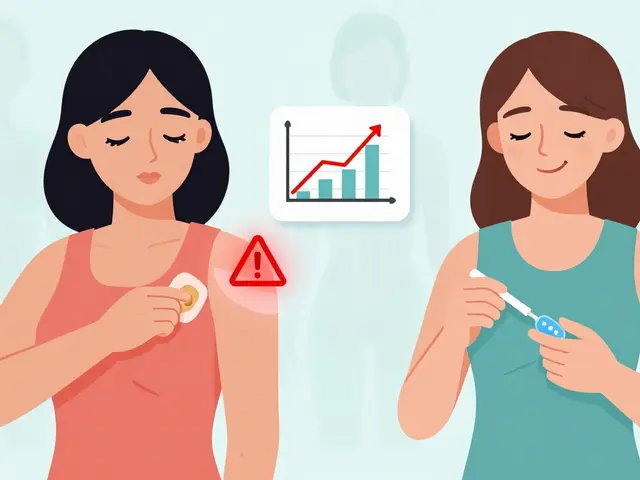Polycystic Ovary Syndrome (PCOS): Symptoms, Causes & How to Manage
If you've heard the term PCOS tossed around but aren't sure what it really means, you're not alone. Polycystic ovary syndrome is a common hormonal condition that affects many women of reproductive age. It can show up as irregular periods, extra hair growth, acne, or weight changes. Understanding the basics helps you spot signs early and take control.
Common Signs and Symptoms
The first thing most people notice is a missed or unpredictable menstrual cycle. Some women also get small cysts on their ovaries that show up in an ultrasound – hence the name, but not everyone has them. Look out for persistent acne, especially around the jawline, and thicker hair on the chest or back. Weight gain around the belly, even with normal eating habits, is another clue. If you feel unusually tired or notice mood swings, those can be linked to the insulin resistance that often comes with PCOS.
Practical Ways to Manage PCOS
The good news is lifestyle tweaks can make a big difference. Start by adding regular movement – even a 30‑minute walk most days helps improve insulin sensitivity. Pair that with a balanced diet rich in whole foods, fiber, and lean protein; cutting back on sugary drinks and refined carbs reduces spikes in blood sugar.
Medical options are also available. Birth control pills can regulate periods and lower androgen levels, while metformin is sometimes prescribed to tackle insulin resistance. If fertility is a goal, doctors may suggest medications that stimulate ovulation. Always discuss with a healthcare provider to find the right mix for you.
Beyond meds and diet, managing stress matters. Practices like deep breathing, yoga, or short meditation breaks can lower cortisol, which in turn helps hormone balance. Getting enough sleep – aim for 7‑8 hours – supports overall metabolic health.
Remember, PCOS looks different for every woman, so what works for a friend might not be perfect for you. Track your symptoms, keep notes on how foods and activities affect you, and stay in touch with a doctor who gets the whole picture. Small, consistent steps add up to better control over the condition.
Feeling overwhelmed? Start with one change – maybe swap soda for water or add a short walk after dinner. Over time those tiny adjustments turn into real improvements, making PCOS less of a mystery and more of a manageable part of your life.






